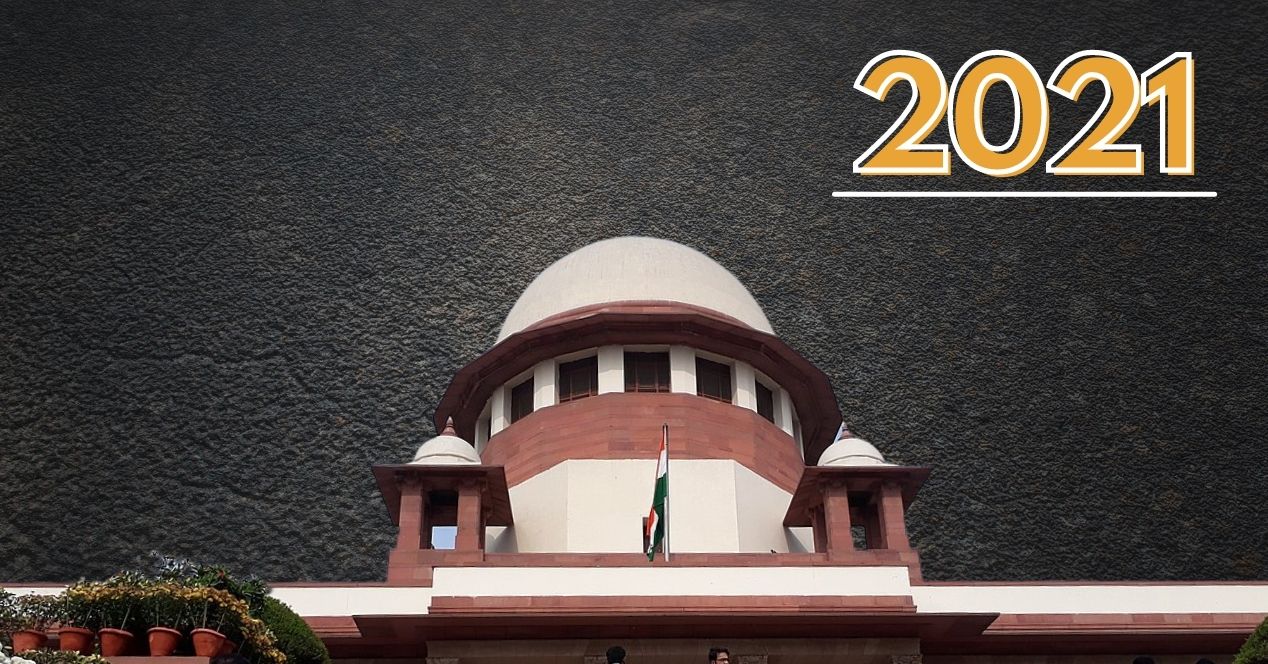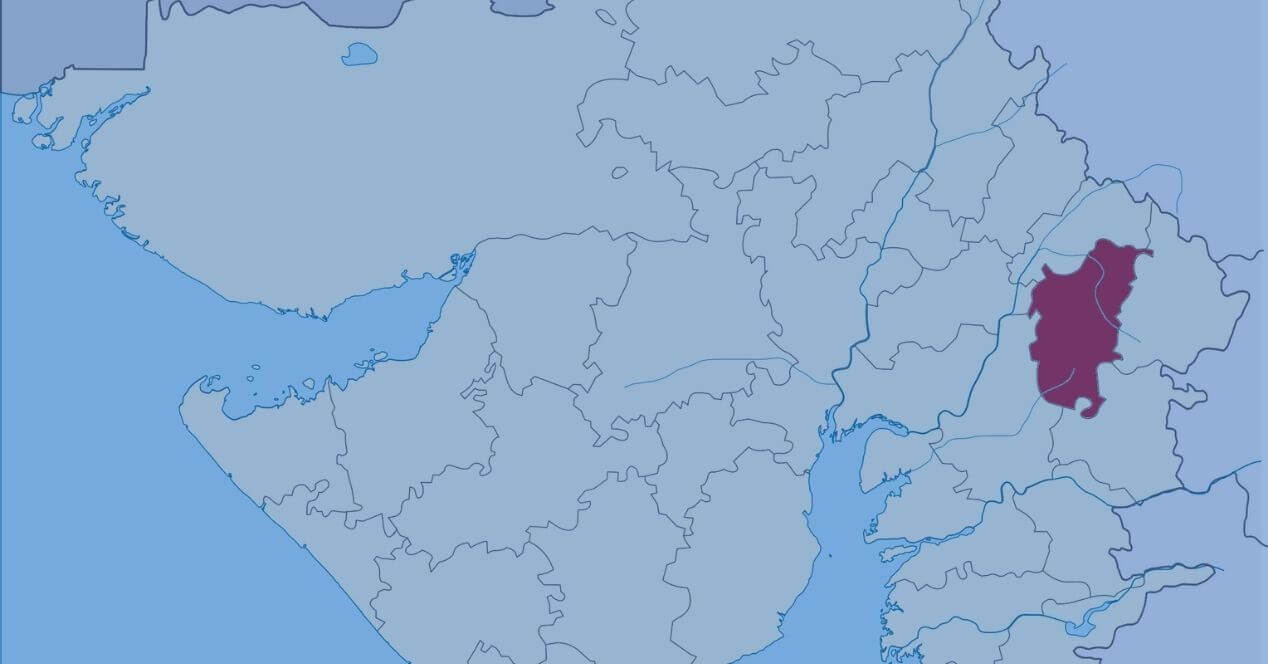Analysis
Monthly Review: December 2021
We covered cases the SC heard in December, reviewed the key judgments of 2021, and engaged with the cases that the Court will hear in 2022.

Last month, as another pandemic-affected year drew to a close, we covered the important cases the Supreme Court heard in December, reviewed the key judgments of 2021, and engaged with the themes the Court is likely to adjudicate on in 2022. In this time, we also tracked the rapidly mounting pendency of cases at the Court.
In December, the Supreme Court heard cases on the Gujarat Riots SIT, reservations for Vanniyars in Tamil Nadu, and Muslim vendors’ rights to lease shops within temple premises.
Early in the month, the Court heard the Zakia Jafri case, where Ms. Jafri, the wife of a Congress leader killed during the 2002 Gujarat Riots, sought further investigation into the conspiracy leading to the violence. The outcome of this long-pending case is likely to have consequences for members of the political establishment, many of whom have been implicated for their involvement in the riots.
Later in the same month, the Court admitted a group of petitions that sought to uphold reservations for Vanniyars within the 20% already reserved for Most Backward Classes (MBCs) in Tamil Nadu. A Madras High Court judgment had struck down reservations for Vanniyars in the MBC quota, holding that the TN Government had failed to rely on empirical data in crafting its reservation policy. This challenge to reservations for Vanniyars is especially significant in light of the Supreme Court’s emphasis on data in reservations cases; a theme that is likely to make recurrent appearances in 2022.
The Court further heard a challenge to an Andhra Pradesh Government Order that banned non-Hindus from leasing shops within the premises of a prominent temple. In late December, the Court issued an interim order directing that none of the vendors may be excluded from becoming tenants of the temple on the basis of their religious identity. This case, likely to be heard next in mid-January, will further the Court’s anti-discrimination jurisprudence and sharpen the contours of its expositions on secularism.
In addition to covering the Court’s engagement with these issues, the SCO Team ran a series of posts thematically reviewing the SC’s key judgments from 2021. We found that many of the themes that the Court engaged with in 2021—reservations, terror and press freedom—are likely to make repeat appearances this year.
While the Court grapples with these questions, it shall also have to contend with its pressing pendency problem. At the end of the year, the Court was perched precariously at the cusp of 70,000 pending cases. The SCO Team tracked pendency across 2021, finding that at the end of the year, pendency of cases at the Court had risen by 7.3%. The shift to virtual hearings heralded by the Third Wave of the pandemic may exacerbate the Court’s already staggering pendency problem. In 2022, it remains to be seen how the Court— with three different Chief Justices in a single year— will tackle this pressing issue.




